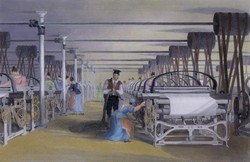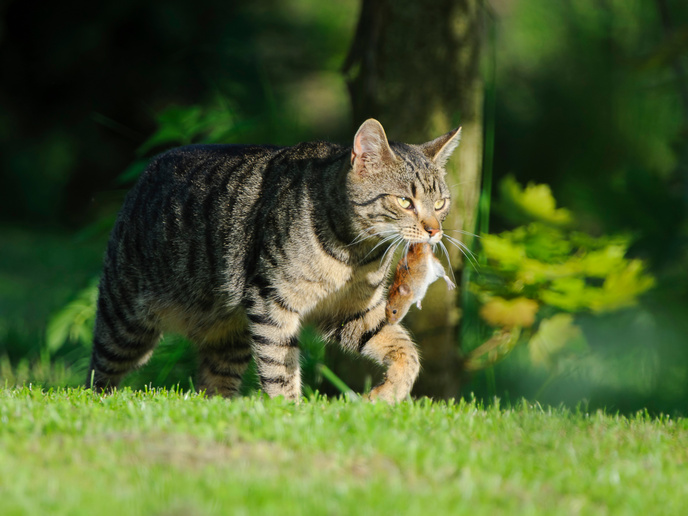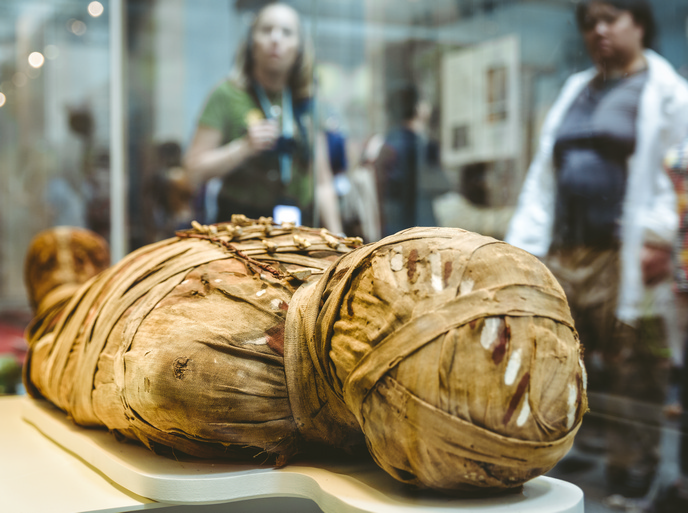A fresh take on Britain's historic textile industry
The British industrial revolution is often studied from a macroeconomic perspective, an approach that falls short of revealing the profound societal and human components at a micro level. The textile industry was similar in its impact on society to today's digital age, and its contributions can be understood more holistically when the micro component is studied. Against this backdrop, the EU-funded RETHINKTEX (Rethinking textiles) project shed new light on the mechanisation of textile production as a driver of considerable economic growth and technical evolution. The project team investigated the history of technology, looking more closely at mechanical innovation, design, people and products involved. It presented the industrial revolution from a fresher and more engaging perspective, delving not only into economic considerations but also cultural and social issues. From Yorkshire's cloth manufacturing legacy to Manchester's age-old cotton industry, the team researched documents and studied machinery and related artefacts and end products in different British cities. In this context, the silk manufacturing industry in Derby and the weaving sector in Paisley represent two interesting examples of the textile industry's great strides. The valuable research was disseminated via several conference papers, lectures and international journals. The project team has also prepared two forthcoming books for publication, tentatively titled 'Technology in the Industrial Revolution' and 'Cloth Britannia: The History of Technology and the Industrial Revolution'. In addition, the team helped organise public events, exhibitions and museums to promote the industrial legacy of the textile industry. Other expected future outcomes include a monograph aimed at university students and a pamphlet for university teachers, in addition to more planned exhibitions. Also noteworthy is that the project extended academic research on the topic to non-academic audiences, particularly through exhibitions and museums. Overall, RETHINKTEX has led to a deeper and more comprehensive understanding of the British textile industry between 1700 and 1900, enlightening academics, historians and the public at large. The complex and dynamic past of the textile industry in Britain has finally claimed its rightful place in history.







